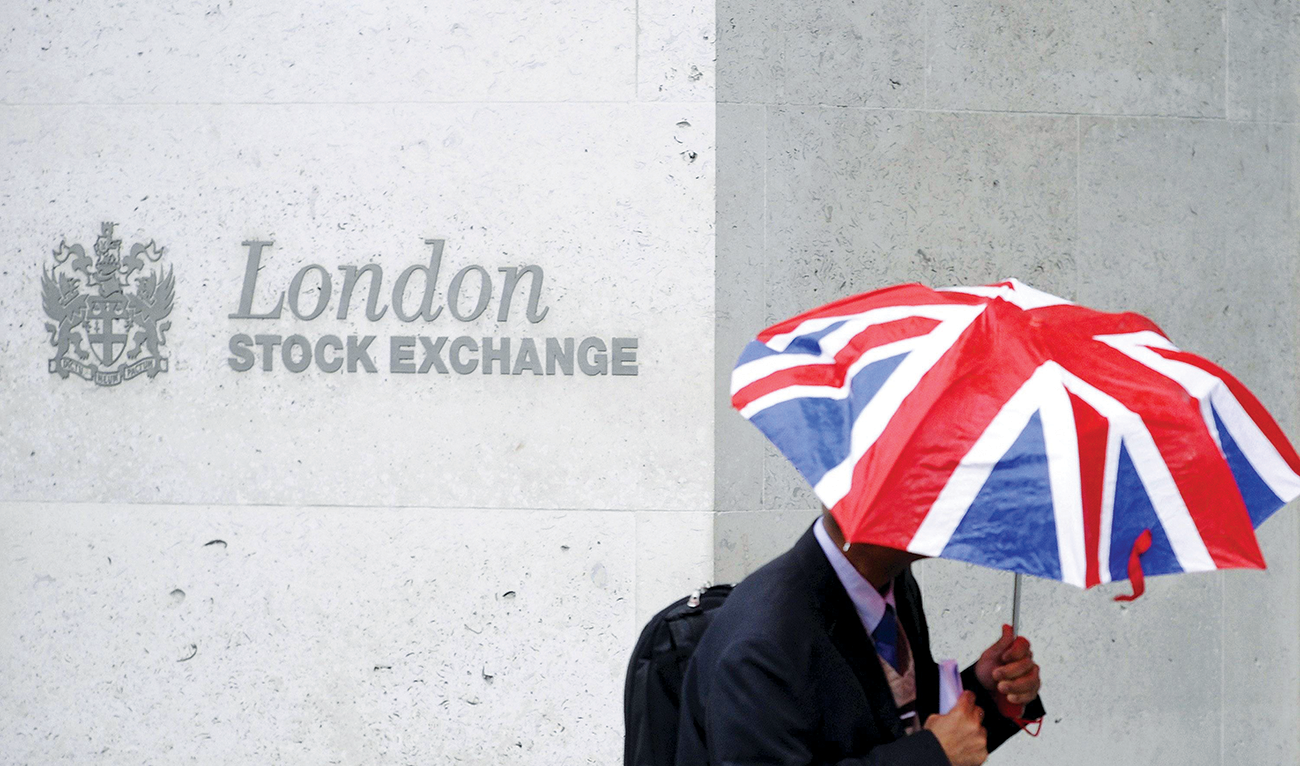LONDON: Global stock markets fell from record highs on Monday as investors waited to see whether US earnings would justify sky-high valuations, while a rally in bonds could be tested by what should be strong readings for US inflation and retail sales this week.
MSCI’s All Country World Index, which tracks stocks across 49 countries, was down 0.14 percent after the start of European trading, off Friday’s record high. The gauge’s price-to-earnings ratio is at its highest level since early 2010. Stocks hit record highs across the world last week on optimism that vaccination programs and the easing of lockdowns to combat COVID-19 would bode well for an economic rebound. Total market capitalization of global equities hit $90 trillion last week, according to Refinitiv data.
Morgan Stanley noted that despite the S&P 500 making all-time highs, small-cap stocks represented by the Russell 2000 small-cap index have underperformed the S&P 500 by 8 percent since peaking on March 12.
“In my view, the breakdown of small caps and cyclicals is a potential early warning sign that the actual reopening of the economy will be more difficult than dreaming about it,” said Michael Wilson, the bank’s chief US equity strategist.
“Small caps and cyclicals have been stellar outperformers over the past year. In essence, they were discounting the recovery and reopening that we are about to experience. However, now we must actually do it and with that comes execution risk and potential surprises that aren’t priced.”
Nasdaq futures were down 0.2 percent on Monday. S&P 500 futures edged 0.1 percent lower.
European shares eased off record highs as investors held off from making big bets before earnings season. The pan-European STOXX 600 index was down 0.2 percent.
Britain’s domestically focused FTSE mid 250 index held 0.2 percent below a record high as shops, pubs, gyms and hairdressers re-opened after three months of lockdown.
The UK’s more export-oriented FTSE 100 fell 0.3 percent, Germany’s DAX and France’s CAC 40 traded 0.1 percent and 0.2 percent higher respectively. Italy’s FTSE MIB gained nearly half a percent.
The VIX volatility index, also known as Wall Street’s “fear gauge,” ticked slightly higher to 17.48, having hit its lowest level since March 2020 on Friday.
“Renewed bouts of elevated volatility are likely over the coming months, in our view,” said Mark Haefele, chief investment officer at UBS Global Wealth Management. “Investors can take advantage of this backdrop, however. Low volatility at present reduces the cost of locking in downside protection.”
Earlier in Asia, Tokyo’s Nikkei edged down 0.6 percent. South Korean stocks were near flat.
India’s Nifty 50 index slid 2.4 percent as the country overtook Brazil with the second-highest number of COVID-19 cases globally.
Chinese blue chips lost 1.5 percent before the release of a series of economic data from China.
Shares in Alibaba Group Holding Ltd. surged 16 percent after China imposed a record 18 billion-yuan ($2.75 billion) fine on the e-commerce giant.

Oil prices get boost from rebound in global stock marketsGlobal stock markets step back after strong week

